India seeks ‘brain exchange’ with global scientific diaspora
At ESTIC 2025, Jitendra Singh urged deeper collaboration between India and its overseas scientific community.
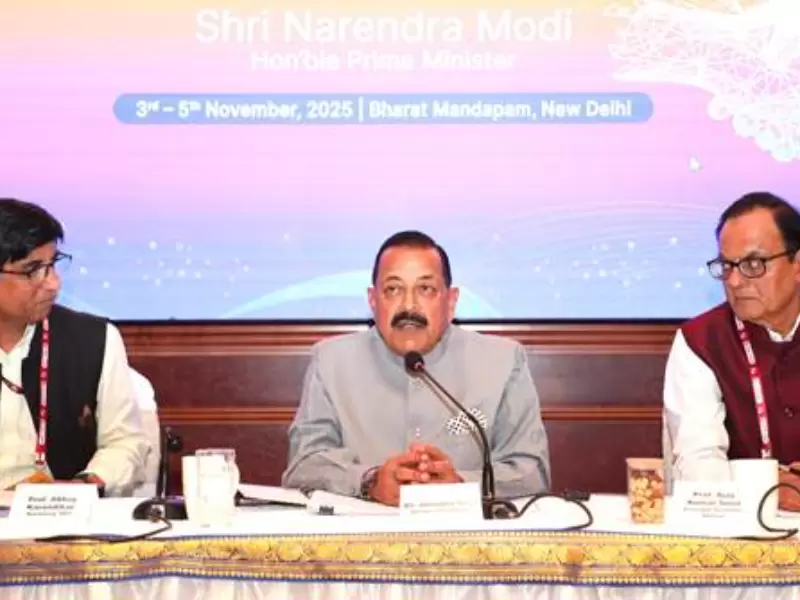 Jitendra Singh addresses a Round Table / PIB
Jitendra Singh addresses a Round Table / PIB
India aims to replace the decades-old “brain drain” with a “brain exchange,” Union Minister for Science and Technology Jitendra Singh said on Nov. 5.
The remarks came during a roundtable with overseas Indian scientists at the Emerging Science, Technology and Innovation Conclave (ESTIC 2025) in New Delhi. The session, titled “VAIBHAV Vision for Viksit Bharat,” brought together Indian-origin researchers from the United States, Canada, Sweden, Australia, and other countries.
Also Read: Early submarine, drone designs conceived and created by IIT Delhi: says Meenakshi Lekhi
“You are not outsiders—you are part of the Indian scientific family,” Singh told participants, urging for a collaborative model where “knowledge, innovation and ideas flow seamlessly between India and its global talent pool.”
The meeting, moderated by Principal Scientific Adviser Ajay Kumar Sood, was attended by Secretaries Abhay Karandikar (Science and Technology), M. Ravichandran (Earth Sciences), and V. Narayanan (Space).
Structural hurdles
VAIBHAV fellows participating in the session raised operational challenges in cross-border collaborations, pointing to complex visa and travel clearance processes that hinder international participation in Indian scientific events.
They suggested creating a pre-approved list of visiting faculty to simplify academic exchanges.
Fellows also recommended extending the VAIBHAV fellowship from three to five years to enable more meaningful collaboration. A researcher working on advanced wireless systems proposed a phased structure—three years initially, with a possible two-year extension based on progress.
Several participants called for a structured student mobility framework, allowing Indian students to work abroad with mentors and inviting foreign researchers to spend time in Indian laboratories.
Others underscored the need to build “systems for India,” advocating technology solutions designed for Indian conditions, including dense networks and affordability constraints.
Continued engagement
Responding to the suggestions, Singh said the government would explore ways to simplify academic and travel clearances, noting that streamlined procedures could enhance India’s scientific visibility. He added that India’s R&D base has strengthened, citing the rise in domestic patent filings and advances in biotechnology and space science, including Chandrayaan-3 and indigenous vaccine research.
He also encouraged long-term engagement beyond the fellowship term. “Just as we don’t remember Gandhi only on Gandhi Jayanti, your connection to India should not end with the fellowship’s duration,” he said, urging participants to remain involved through mentoring and virtual collaborations.
Singh emphasized that modern digital tools have made it easier for diaspora scientists to contribute from anywhere in the world. “You don’t need to be continuously physically stationed at one place to conduct your work,” he said.
The minister also called for stronger industry partnerships to sustain innovation, noting that “it is easy to start a startup, but sustaining it requires robust industry partnership.” He cited India’s Aroma Mission, which has supported lavender-based enterprises in the Himalayan region, as an example of research translating into viable business models.
Officials from the Department of Science and Technology said the proposals from the round table will be reviewed for possible implementation.
The three-day ESTIC 2025 conclave brought together scientists, policymakers, and innovators to discuss emerging frontiers in science and technology.
The VAIBHAV initiative, launched in 2020, seeks to institutionalize collaboration between Indian researchers and the global Indian scientific diaspora.
ADVERTISEMENT
ADVERTISEMENT
E Paper
Video



1749497506.png) Malvika Choudhary
Malvika Choudhary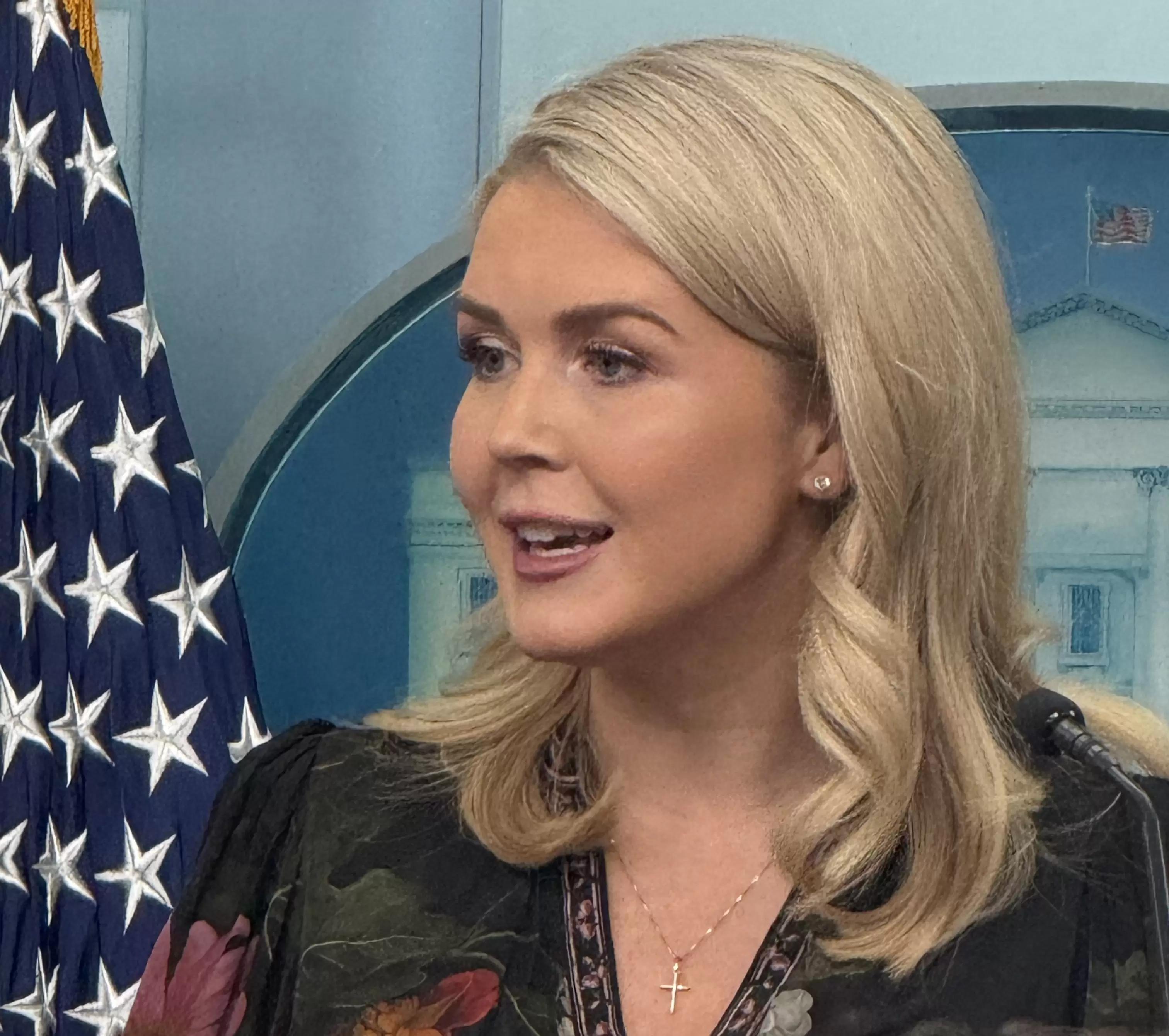
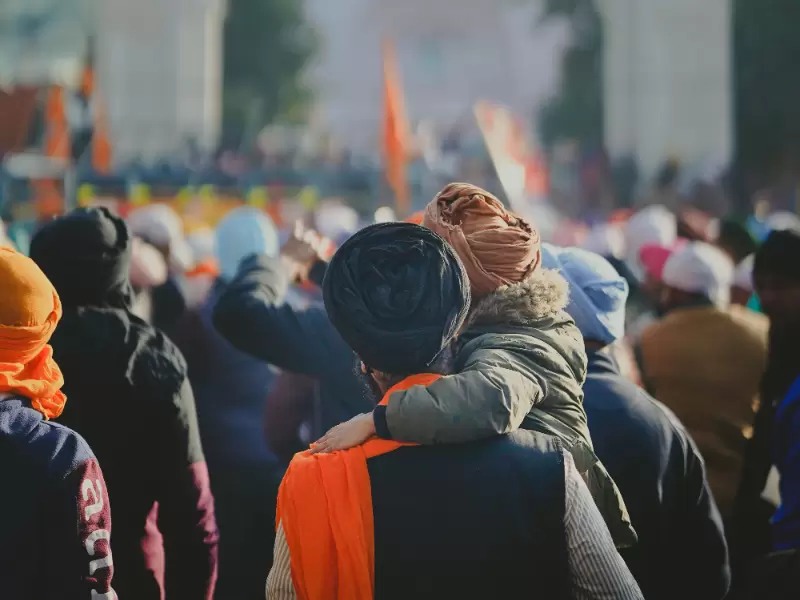

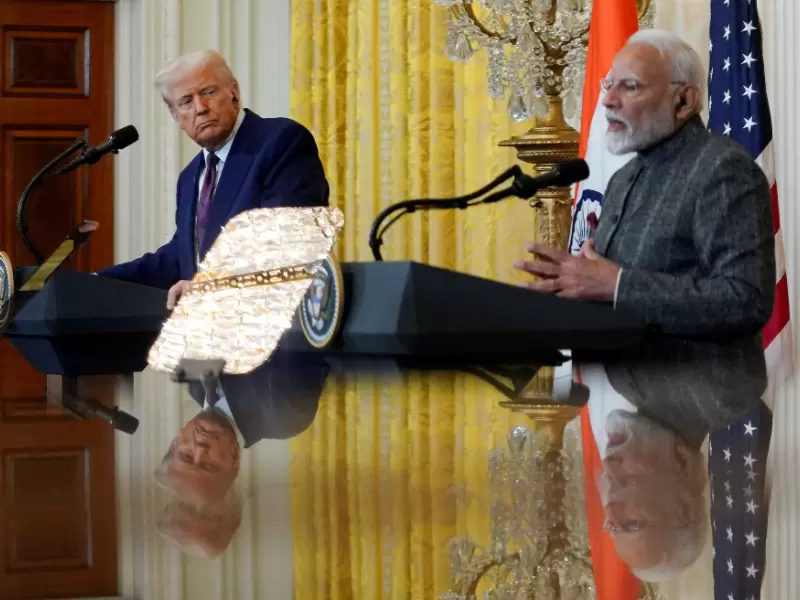
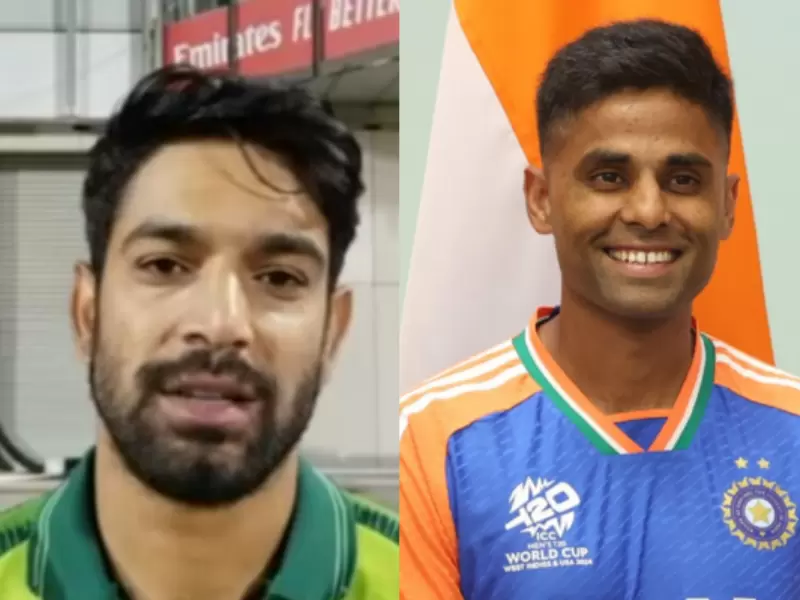
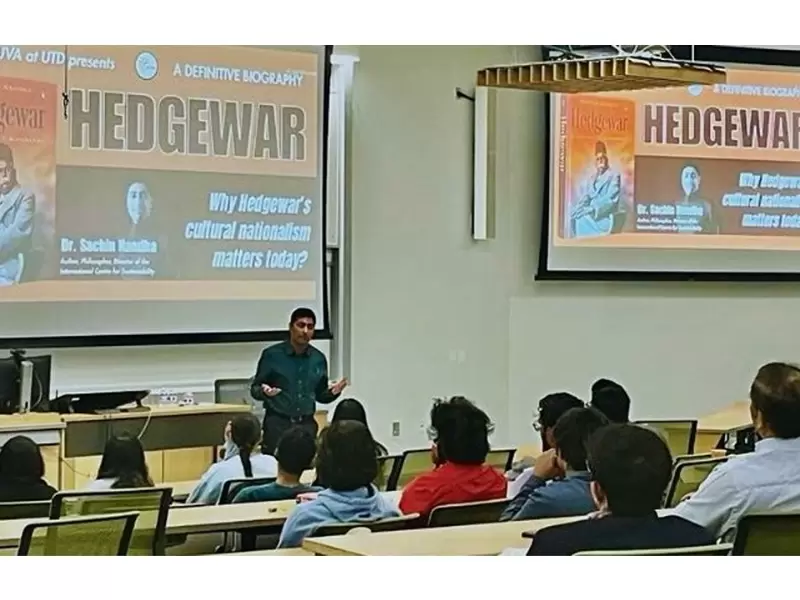

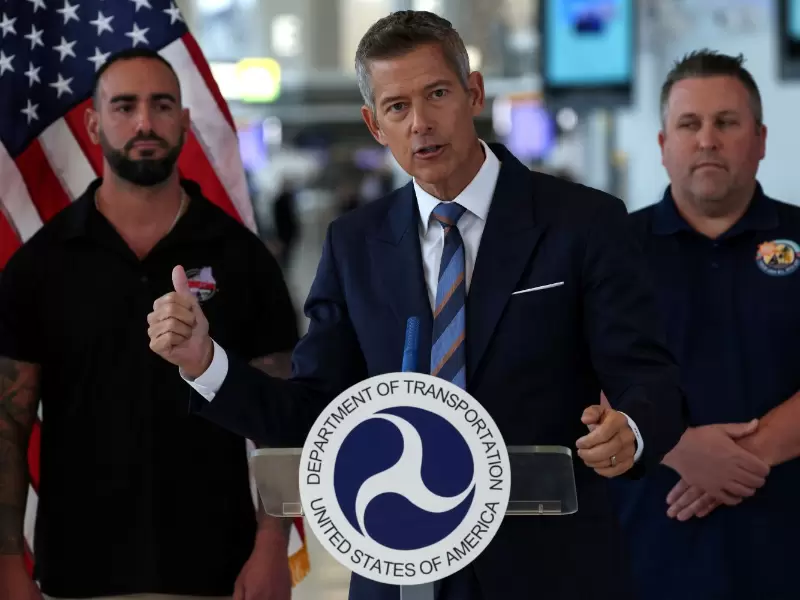
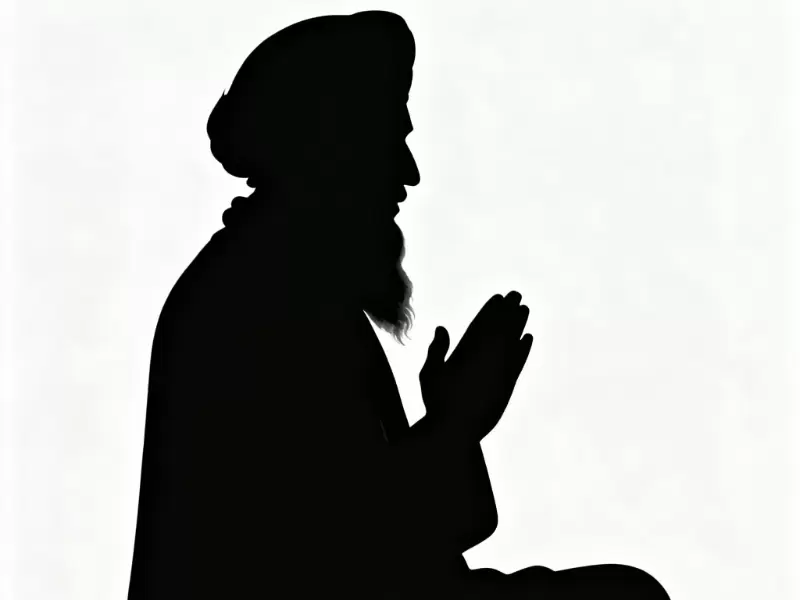
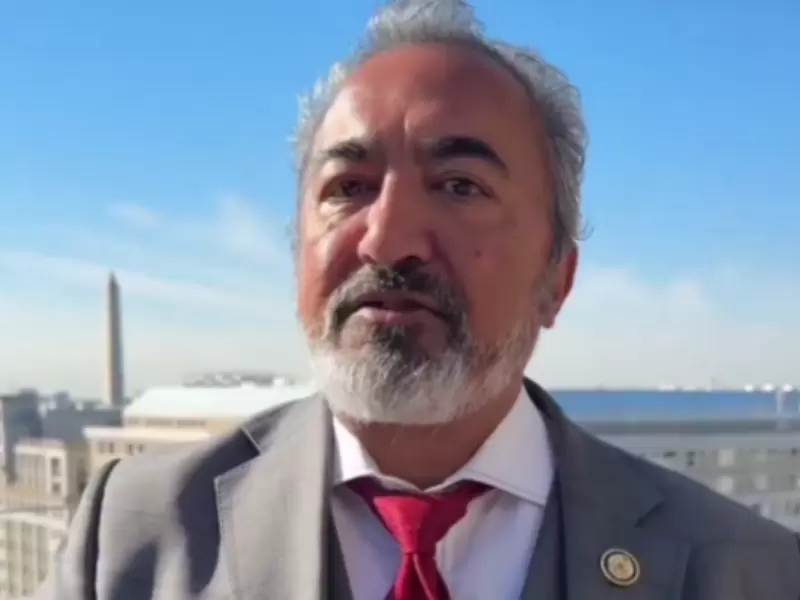
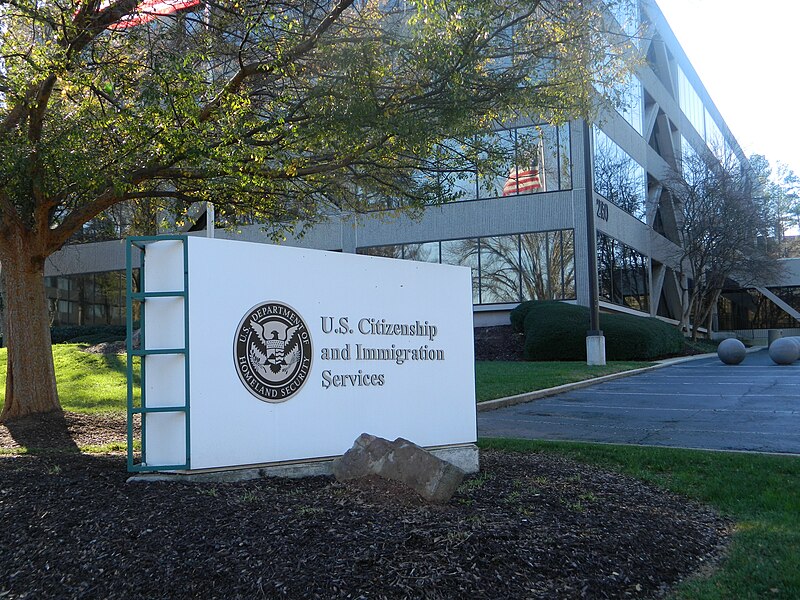

Comments
Start the conversation
Become a member of New India Abroad to start commenting.
Sign Up Now
Already have an account? Login